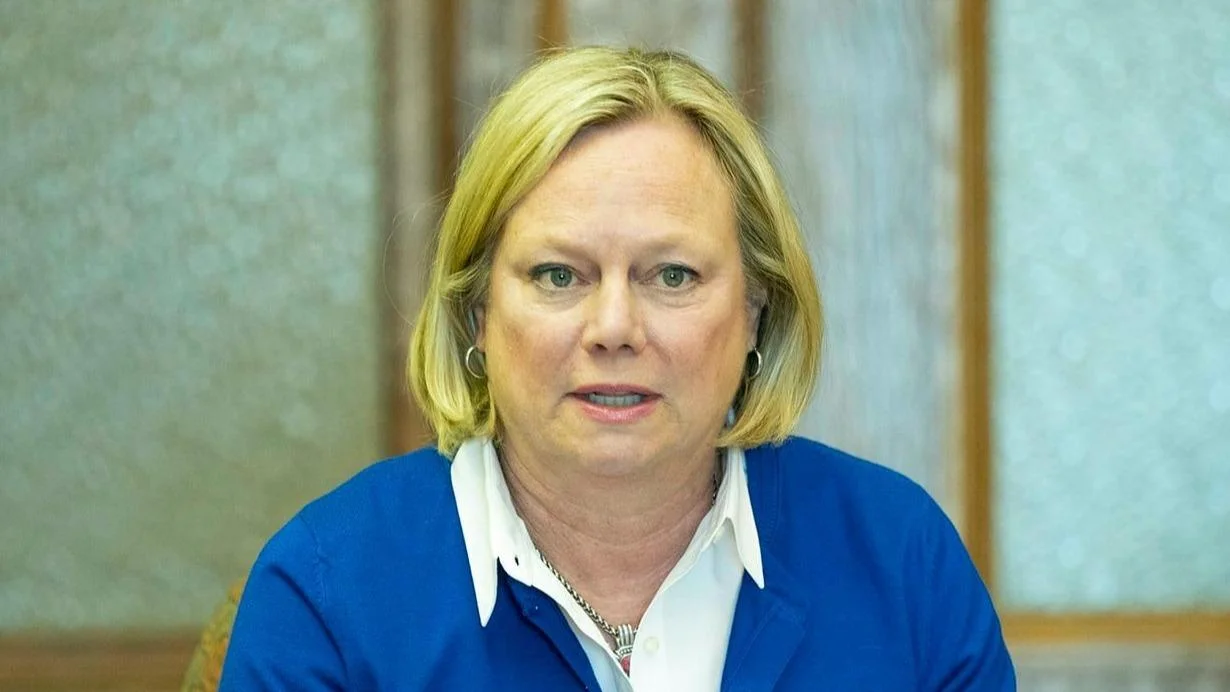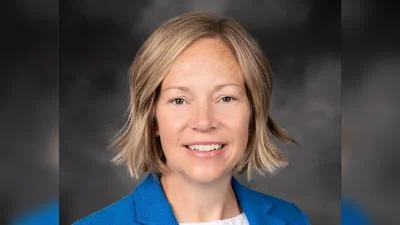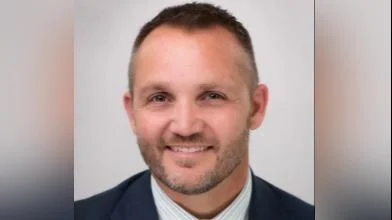Cindi Duchow, Wisconsin State Representative for 97th District | https://www.facebook.com
Cindi Duchow, Wisconsin State Representative for 97th District | https://www.facebook.com
According to the Wisconsin State Legislature's official website, the bill was described as follows: "coverage of breast cancer screenings by the Medical Assistance program and health insurance policies and plans. (FE)".
The following is our breakdown, based on the actual bill text, and may include interpretation to clarify its provisions.
In essence, this bill mandates that health insurance policies and self-insured governmental health plans provide coverage for diagnostic breast examinations and supplemental breast screenings for individuals at increased risk of breast cancer or those with dense breast tissue, as defined by the latest guidelines of the National Comprehensive Cancer Network and the Breast Imaging-Reporting and Data System by the American College of Radiology. The Medical Assistance program, the state's Medicaid program, is also required to cover these screenings. The bill prohibits cost-sharing for these exams unless it would disqualify an individual’s health savings account under federal regulations. Existing coverage rules for mammograms remain intact, with the bill expanding applicability to include preferred provider plans. This act becomes effective on the first day of the fourth month following its publication.
The bill was co-authored by Senator Rachael Cabral-Guevara (Republican-19th District), Representative Clinton M. Anderson (Democrat-45th District), Representative Deb Andraca (Democrat-23rd District), Representative Margaret Arney (Democrat-18th District), Representative Mike Bare (Democrat-80th District). It was co-sponsored by Senator Tim Carpenter (Democrat-3rd District), Senator Kristin Dassler-Alfheim (Democrat-18th District), and Senator Dora E. Drake (Democrat-4th District), along 55 other co-sponsors.
Cindi Duchow has co-authored or authored another 46 bills since the beginning of the 2025 session, with none of them being enacted.
Duchow graduated from the University of Wisconsin.
Duchow, a Republican, was elected to the Wisconsin State Assembly in 2025 to represent the state's 97th Assembly district, replacing previous state representative Scott Allen.
In Wisconsin, the legislative process starts when a senator, constituent, group, or agency proposes an idea for a bill. After drafting, the bill is introduced, numbered, and referred to a committee for review and public input. If approved, it moves through three readings and votes in both the Senate and Assembly. Once both chambers pass the same version, the bill goes to the governor, who can sign it, veto it, or let it become law without a signature. Only a small share of bills introduced each session ultimately become law. You can learn more about the Wisconsin legislative process here.
| Bill Number | Date Introduced | Short Description |
|---|---|---|
| AB263 | 05/19/2025 | Coverage of breast cancer screenings by the Medical Assistance program and health insurance policies and plans. (FE) |
| AB229 | 05/02/2025 | The law enforcement officers’ bill of rights |
| AB225 | 04/23/2025 | Determination of where a defendant resides or does substantial business for purposes of venue |
| AB206 | 04/23/2025 | The procedure for adding federal newborn screening recommendations to the state-required newborn screenings, granting rule-making authority, and providing an exemption from emergency rule procedures. (FE) |
| AB148 | 03/17/2025 | Interpreter action by telephone or live audiovisual means in civil or criminal proceedings |
| AB139 | 03/17/2025 | A tax credit for relocating to this state due to Hurricane Helene or the Los Angeles wildfires. (FE) |
| AB71 | 02/24/2025 | School district operating referenda |
| AB51 | 02/20/2025 | Participation in interscholastic athletics and application of the public records and open meetings laws to interscholastic athletic associations |
| AB34 | 02/17/2025 | Court-issued criminal complaints in officer-involved deaths |
| AB8 | 02/06/2025 | Agreements for direct primary care |






 Alerts Sign-up
Alerts Sign-up